About HopeLink—Mount Vernon
HopeLink’s Mount Vernon site in Alexandria, Virginia, is a setting where you can work on your recovery while receiving real support along the way. You can connect with programs that help you strengthen your skills and explore new ways to build your life. Their substance use disorder services are a key part of what’s offered there, and in those programs you’ll find some great pathways designed to help you manage as you move through your recovery journey.
Stepping Stones SUD Program at HopeLink
At HopeLink, you can join the Stepping Stones program, which is set up to help you build life skills in a group setting while managing your recovery. You can pick from some excellent group options that fit with your work, school, or volunteer schedule. They purposely constructed the program this way so that your recovery can move alongside your daily life. We like that Stepping Stones gives you the flexibility to build a schedule that works for you while keeping strong support in place.
The groups in Stepping Stones give you practical skills you can use right away and there are so many groups to choose. from. You can work on coping skills, managing medications, learning technology, improving healthy living habits, and joining co-occurring groups that help you address multiple needs at once. We really admire how the groups give you both structure and freedom. When you sign up, you can build skills and still have room to access extra support when you need it.
CRSP: Intensive Group Support at Mount Vernon
The Community Readiness & Support Program (CRSP) is also available at Mount Vernon if you need more intensive group based help. You can take part in daily groups that teach social skills, time management, independent living, and steps for maintaining sobriety. CRSP gives you the chance to work toward recovery goals alongside people who are also learning and practicing similar skills. Offsite, you and your peers can even go on the Mount Vernon Trails to relax and build fellowship.
PHP Offered at Other Locations
The Partial Hospitalization Program (PHP) is part of HopeLink’s services but is not offered at the Mount Vernon site. Their (PHP) can extend you additional support without requiring overnight hospital care. If you’re interested in PHP, HopeLink can help you find the right location that provides it.
Latest Reviews
Rehab Score
Gallery
Other Forms of Payment
Medicaid is a state based program that helps lower-income individuals and families pay for healthcare. Medicaid covers addiction treatment so those enrolled can use their coverage to pay for rehab. When a program accepts Medicaid the client often pays very little or nothing out of their own pocket.
Self-pay involves paying for treatment out of your own pocket. You can use savings or credit, get a personal loan, or receive help from family and friends to fund your treatment. If you don't have insurance or your insurance plan doesn't cover a specific program, self-pay can help ensure you still get the care you need.
Financial aid can take many forms. Centers may have grants or scholarships available to clients who meet eligibility requirements. Programs that receive SAMHSA grants may have financial aid available for those who need treatment as well. Grants and scholarships can help you pai for treatment without having to repay.
Addiction Treatments
Levels of Care
 Outpatient
Outpatient
 Partial Hospitalization Program
Partial Hospitalization Program
Treatments
Many of those suffering from addiction also suffer from mental or emotional illnesses like schizophrenia, bipolar disorder, depression, or anxiety disorders. Rehab and other substance abuse facilities treating those with a dual diagnosis or co-occurring disorder administer psychiatric treatment to address the person's mental health issue in addition to drug and alcohol rehabilitation.
Mental health rehabs focus on helping individuals recover from mental illnesses like bipolar disorder, clinical depression, anxiety disorders, schizophrenia, and more. Mental health professionals at these facilities are trained to understand and treat mental health issues, both in individual and group settings.
Programs

Adult Program

Young Adult Program
Clinical Services
Dialectical Behavior Therapy (DBT) is a modified form of Cognitive Behavioral Therapy (CBT), a treatment designed to help people understand and ultimately affect the relationship between their thoughts, feelings, and behaviors. DBT is often used for individuals who struggle with self-harm behaviors, such as self-mutilation (cutting) and suicidal thoughts, urges, or attempts. It has been proven clinically effective for those who struggle with out-of-control emotions and mental health illnesses like Borderline Personality Disorder.
Experiential therapy is a form of therapy in which clients are encouraged to surface and work through subconscious issues by engaging in real-time experiences. Experiential therapy departs from traditional talk therapy by involving the body, and having clients engage in activities, movements, and physical and emotional expression. This can involve role-play or using props (which can include other people). Experiential therapy can help people process trauma, memories, and emotion quickly, deeply, and in a lasting fashion, leading to substantial and impactful healing.
Fitness therapy blends exercise with psychotherapy for a fun, inspiring, and effective way of treating addiction and other issues. By incorporating movement into counseling sessions, clients become more empowered, motivated, and goal-oriented, all while strengthening their bodies and becoming more flexible. Fitness Therapy is usually used to complement a course of treatment (inpatient or outpatient) to make it even more successful. Increasing the connection between a patient’s mind and body helps both with healing as well as in creating new, healthy habits.
Group therapy is any therapeutic work that happens in a group (not one-on-one). There are a number of different group therapy modalities, including support groups, experiential therapy, psycho-education, and more. Group therapy involves treatment as well as processing interaction between group members.
In individual therapy, a patient meets one-on-one with a trained psychologist or counselor. Therapy is a pivotal part of effective substance abuse treatment, as it often covers root causes of addiction, including challenges faced by the patient in their social, family, and work/school life.
Nutrition therapy, aka medical nutrition therapy (MNT), is a way of treating physical, emotional, and medical conditions through diet. Specific dietary plans are designed by professional nutritionists or registered dietitians, and patients follow them in order to positively affect their physical and mental health.
Trauma therapy addresses traumatic incidents from a client's past that are likely affecting their present-day experience. Trauma is often one of the primary triggers and potential causes of addiction, and can stem from child sexual abuse, domestic violence, having a parent with a mental illness, losing one or both parents at a young age, teenage or adult sexual assault, or any number of other factors. The purpose of trauma therapy is to allow a patient to process trauma and move through and past it, with the help of trained and compassionate mental health professionals.
Staff & Accreditations
Staff
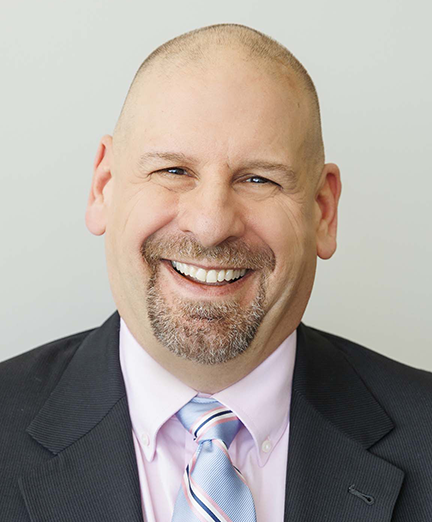
Joseph Getch, MS, MBA
CEO
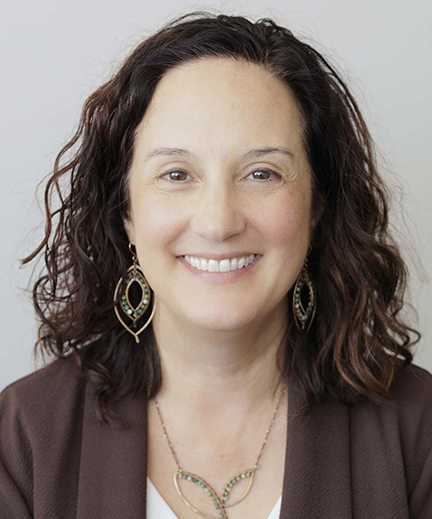
Laura Fonner, MA, LPC, LMHP
Chief Clinical Officer
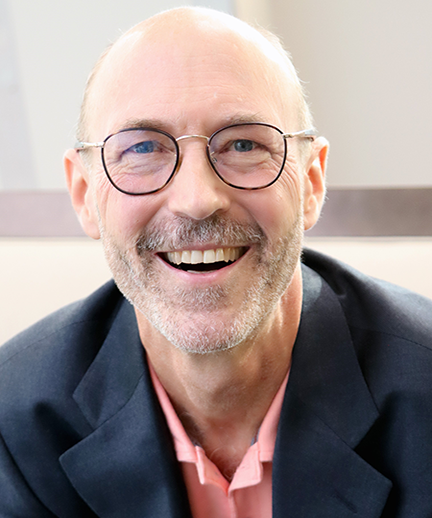
Brian Show, MBA
CFO & Administrative Officer
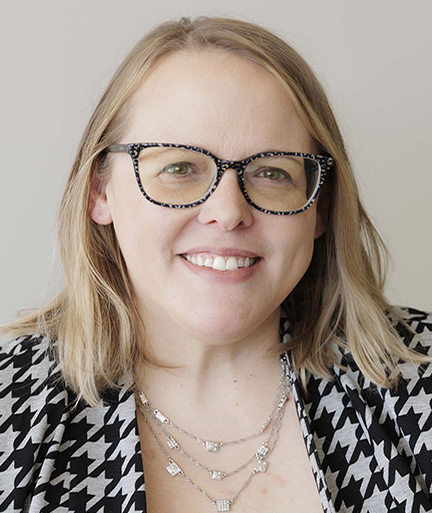
Laura Clark, MSW
COO
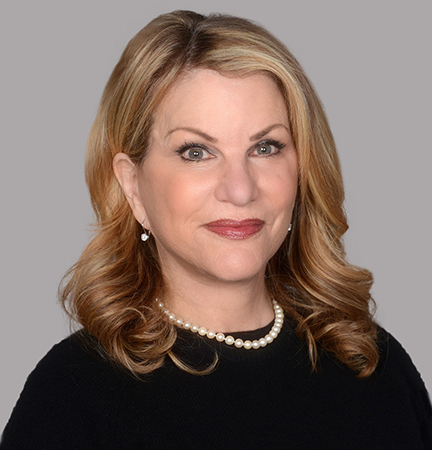
Linda Lang, MD
Chair

Kate Robbins
Vice Chair
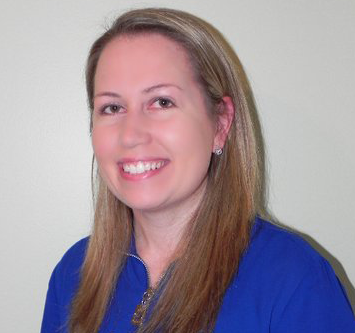
Melissa Garcia
Secretary
Accreditations

The Commission on Accreditation of Rehabilitation Facilities (CARF) is a non-profit organization that specifically accredits rehab organizations. Founded in 1966, CARF's, mission is to help service providers like rehab facilities maintain high standards of care.
CARF Accreditation: Yes
Accreditation Number: 32464

The Substance Abuse and Mental Health Services Administration (SAMHSA) is a branch of the U.S. Department of Health and Human Services. Established in 1992 by congress, SAMHSA's mission is to reduce the impact of substance abuse and mental illness on American's communities.
SAMHSA Listed: Yes
Contact Information
8794 Sacramento Drive
Suite S
Alexandria, VA 22309